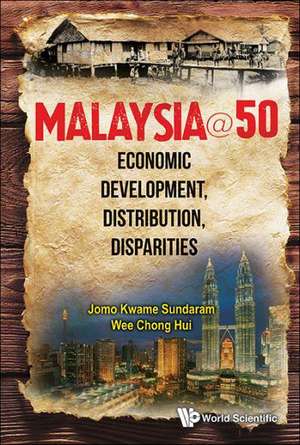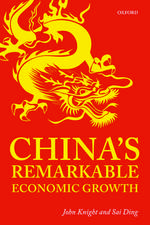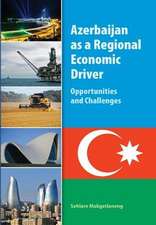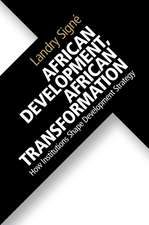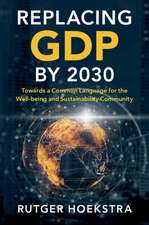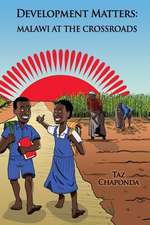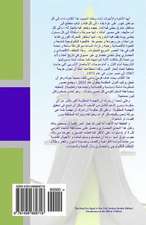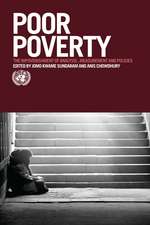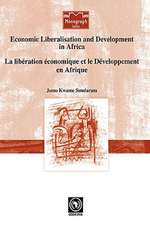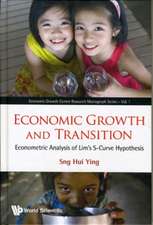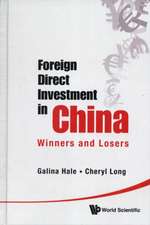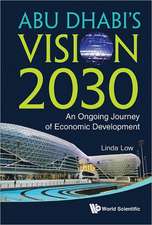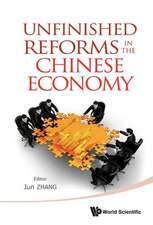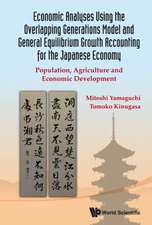Malaysia@50
Autor Jomo Kwame Sundaram, Chong Hui Weeen Limba Engleză Hardback – 15 sep 2013
Preț: 502.27 lei
Preț vechi: 590.90 lei
-15% Nou
Puncte Express: 753
Preț estimativ în valută:
96.11€ • 100.61$ • 79.52£
96.11€ • 100.61$ • 79.52£
Carte tipărită la comandă
Livrare economică 07-21 aprilie
Preluare comenzi: 021 569.72.76
Specificații
ISBN-13: 9789814571388
ISBN-10: 9814571385
Pagini: 216
Dimensiuni: 155 x 229 x 20 mm
Greutate: 0.5 kg
Ediția:New.
Editura: World Scientific Publishing Company
ISBN-10: 9814571385
Pagini: 216
Dimensiuni: 155 x 229 x 20 mm
Greutate: 0.5 kg
Ediția:New.
Editura: World Scientific Publishing Company
Descriere
Malaysia has grown and changed a great deal since it was formed on 16 September 1963. It was then seen as an unlikely nation hastily put together as a federation of British controlled territories in the region. Brunei's refusal to join at the eleventh hour and Singapore's secession before its second birthday only seemed to confirm such doubts. Yet, it has not only survived, but even thrived, often cited as a developing country worthy of emulation. Ruled by the same ruling coalition since the mid-1950s, it has been tempting to emphasize continuities, and there certainly have been many. Looking back at its last half century, this volume first considers changes in development policy in response to national as well as international developments. The remaining three parts consider how public policy has been influenced by and has, in turn, influenced economic distribution, public finance and economic federalism. Besides the familiar focus on ethnic disparities, regional and other distribution issues are considered. The discussion of government taxation as well as spending also focuses on distribution implications. Although constitutionally a federation, Malaysia has been more centralized than most federal states. The way forward requires greater sensitivity to the complex political economy of Malaysia's unlikely, but nonetheless resilient federation and ruling coalition.
